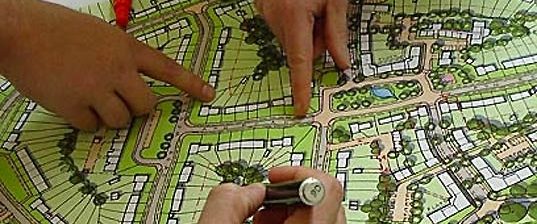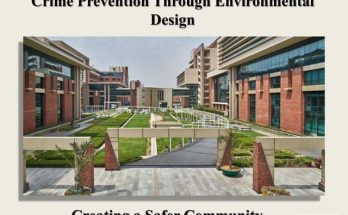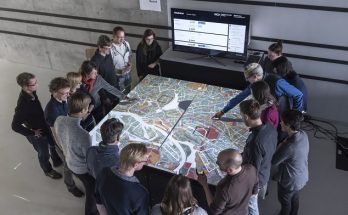Introduction
Thesis/Research Project 2 is an advanced research component in urban and regional planning programs, typically following Thesis/Research Project 1. It allows students to delve deeper into a specific planning issue or topic, further developing their research skills and contributing more substantially to the field.
This project often involves more sophisticated methodologies, interdisciplinary approaches, and a broader scope of study.

Purpose
The primary purpose of Thesis/Research Project 2 is to enable students to:
- Conduct in-depth research on a complex urban or regional planning issue.
- Apply advanced theoretical and methodological frameworks.
- Produce original contributions to planning knowledge and practice.
- Develop professional and academic expertise in a specific area of interest.
Components
- Advanced Proposal Development: Students begin by refining their research questions based on insights from Thesis/Research Project 1 or new areas of interest. The proposal for Thesis/Research Project 2 includes a detailed plan, literature review, theoretical framework, research design, and expected outcomes.
- Comprehensive Literature Review: This involves an extensive review of scholarly articles, books, policy documents, and other relevant sources. The literature review identifies key debates, gaps in knowledge, and theoretical underpinnings that will inform the research.
- Sophisticated Methodology: Students employ advanced research methods, which may include mixed methods, longitudinal studies, GIS analysis, simulation models, or other specialized techniques. The methodology section outlines data collection and analysis procedures, ensuring rigor and validity.
- Data Collection and Fieldwork: Depending on the research design, students may conduct extensive fieldwork, including surveys, interviews, participant observation, or spatial data collection. This stage is critical for gathering comprehensive and reliable data.
- In-Depth Data Analysis: Using advanced analytical tools and techniques, students interpret the collected data to draw meaningful conclusions. This may involve statistical software, qualitative analysis software, GIS tools, or other specialized applications.
- Findings and Critical Discussion: The findings section presents detailed results of the research, while the discussion critically examines these findings in light of existing literature and theoretical frameworks. This section also addresses the implications for urban and regional planning practice and policy.
- Conclusions and Strategic Recommendations: The project concludes with a synthesis of key findings and their implications for planning practice. Students provide strategic recommendations for policy makers, practitioners, and future research. These recommendations are grounded in the research and aim to address the identified planning issues.
- Dissemination and Defense: Students present their research findings to an academic panel and may also share their work at conferences, workshops, or through publications. The defense involves a rigorous examination of the research process, findings, and conclusions.
Significance
Thesis/Research Project 2 is significant for several reasons:
- Enhanced Research Skills: It hones advanced research, analytical, and critical thinking skills.
- Knowledge Advancement: It contributes significant new knowledge or innovations to the field of urban and regional planning.
- Professional Development: It prepares students for leadership roles in planning practice and academia.
- Academic Excellence: It serves as a demonstration of the student’s ability to conduct high-level, independent research.
Conclusion
Thesis/Research Project 2 is a crucial component of advanced urban and regional planning education. It challenges students to engage deeply with complex planning issues, apply sophisticated research methodologies, and make meaningful contributions to the field. By completing this project, students demonstrate their readiness to tackle the intricate and evolving challenges of urban and regional planning in their professional careers.




